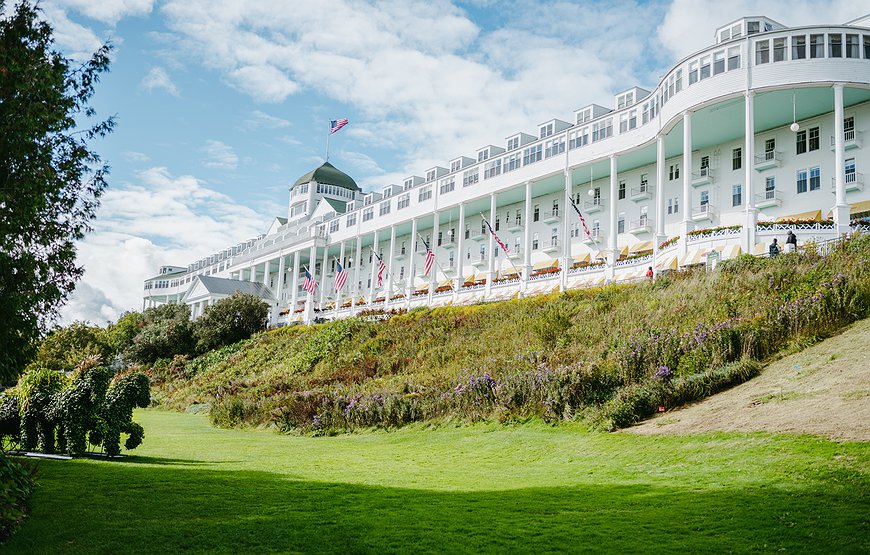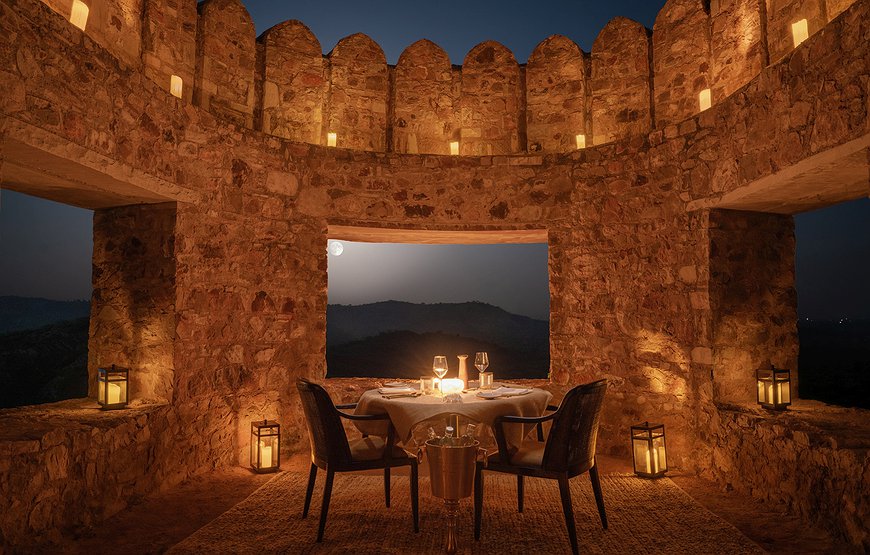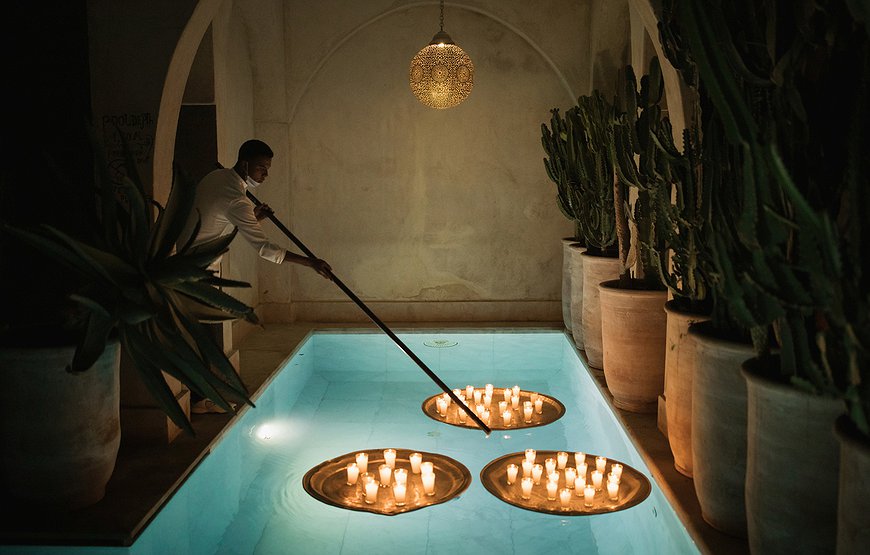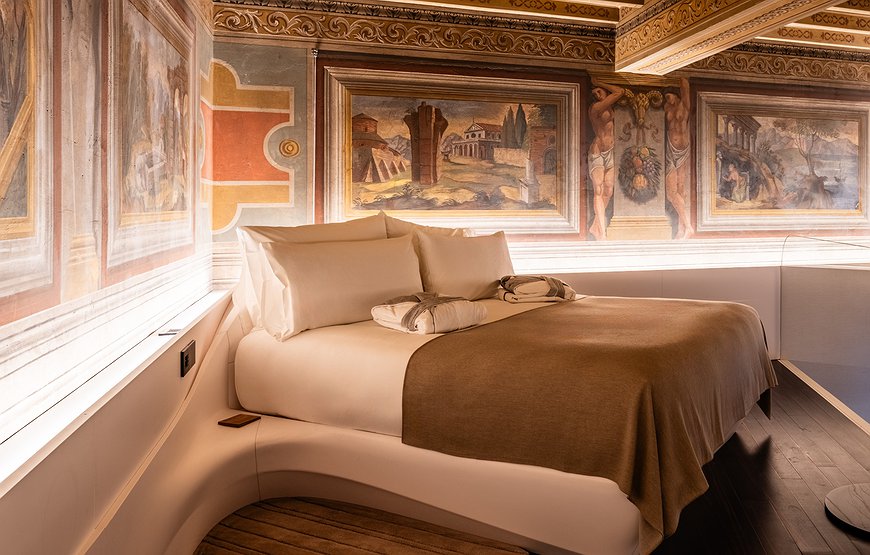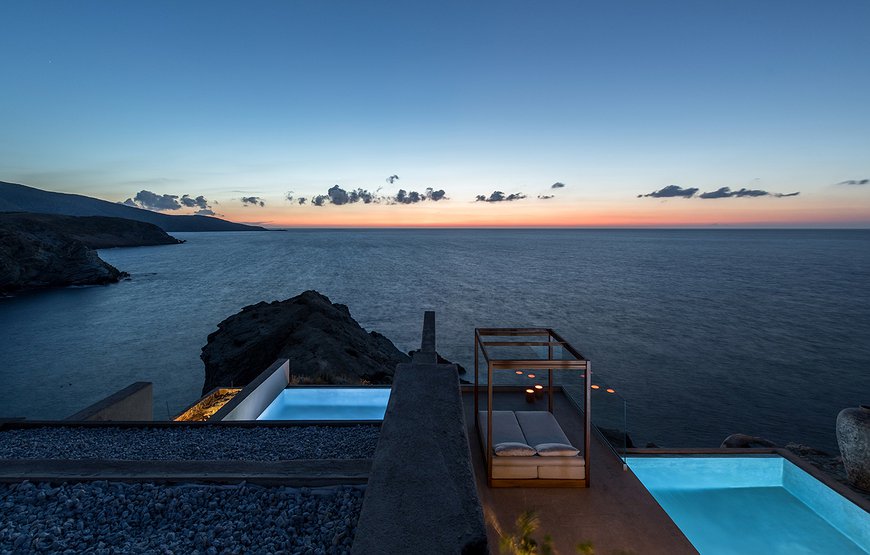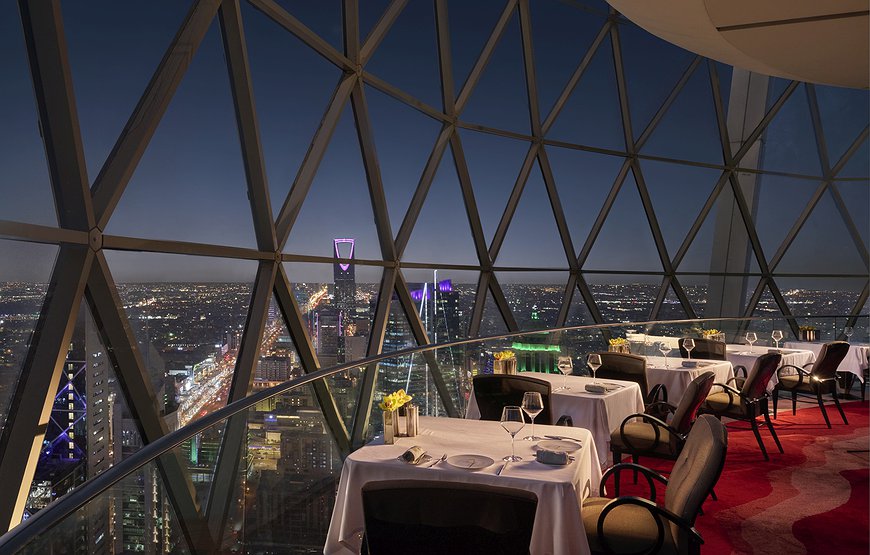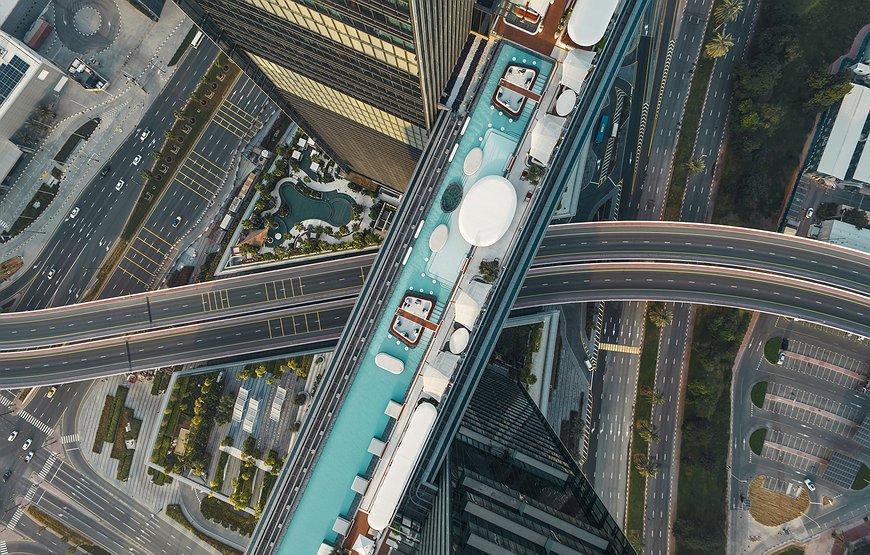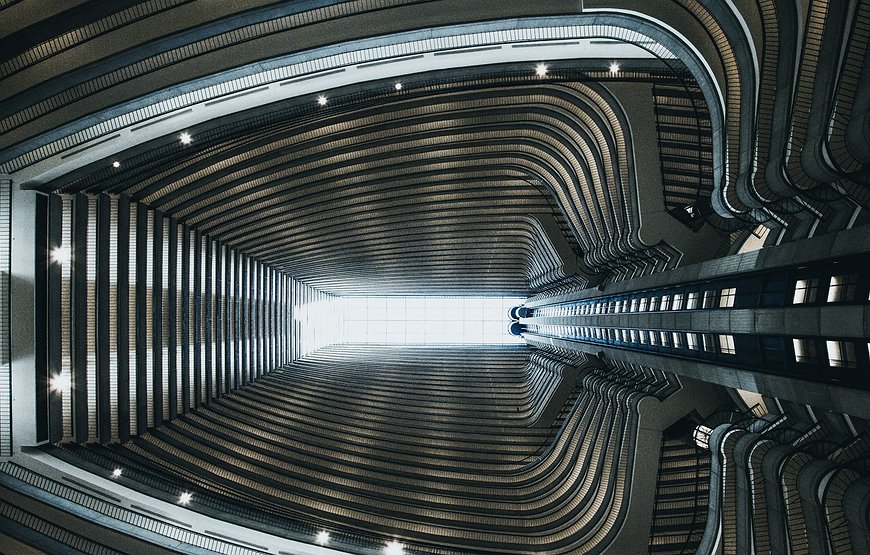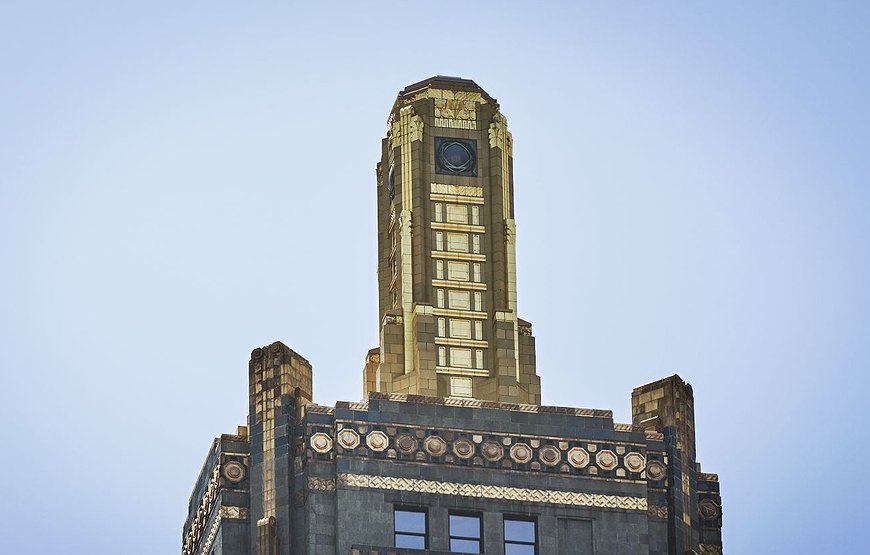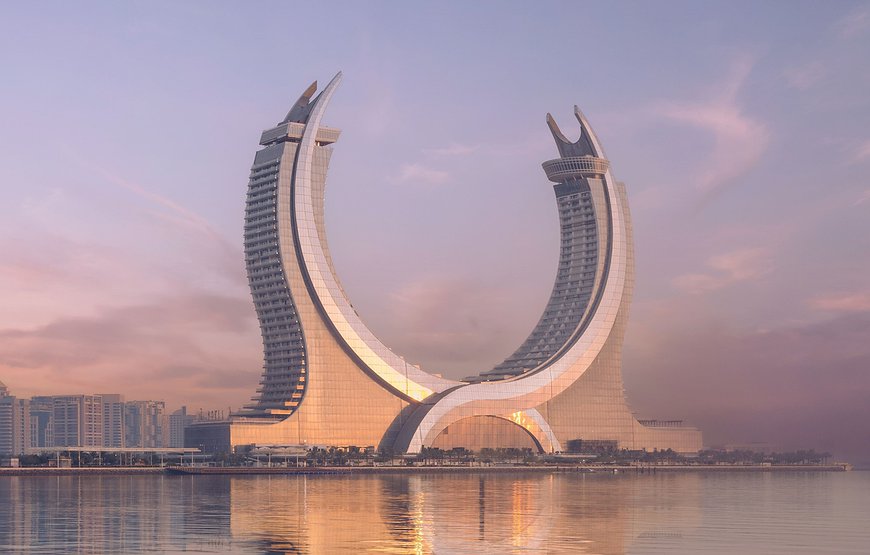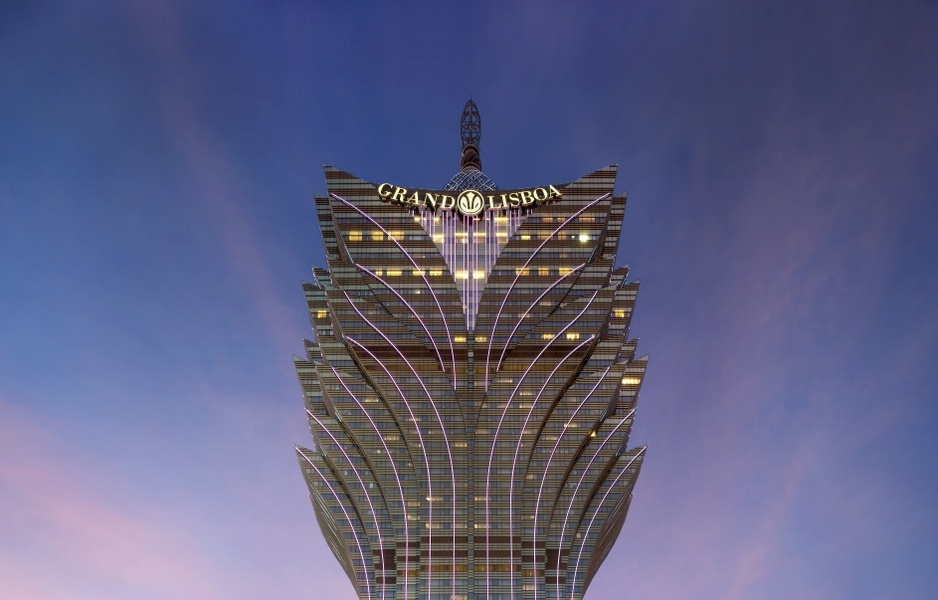
In a city where excess is the norm and subtlety goes to die, the Grand Lisboa casino hotel rises from Macau's skyline like a fever dream made manifest. At 261 meters (856 feet) tall, this golden behemoth doesn't just dominate the former Portuguese colony's horizon – it practically shouts its presence across the Pearl River Delta.
The Grand Lisboa embodies everything fascinating and appalling about modern Macau. This tiny territory, handed back to China by Portugal in 1999, has transformed itself into the world's gambling capital, generating more casino revenue than Las Vegas. The city's 600,000 residents live in the world's most densely populated territory, surrounded by towering monuments to chance and excess.
Stanley Ho, the casino magnate whose name graces that enormous diamond, built his empire on Macau's unique position as the only place in China where gambling is legal. His company held a monopoly for decades, turning a sleepy colonial backwater into Asia's answer to Nevada. The transformation hasn't been without its dark chapters – the 1990s saw violent turf wars between gambling syndicates and Chinese triads that claimed numerous lives.
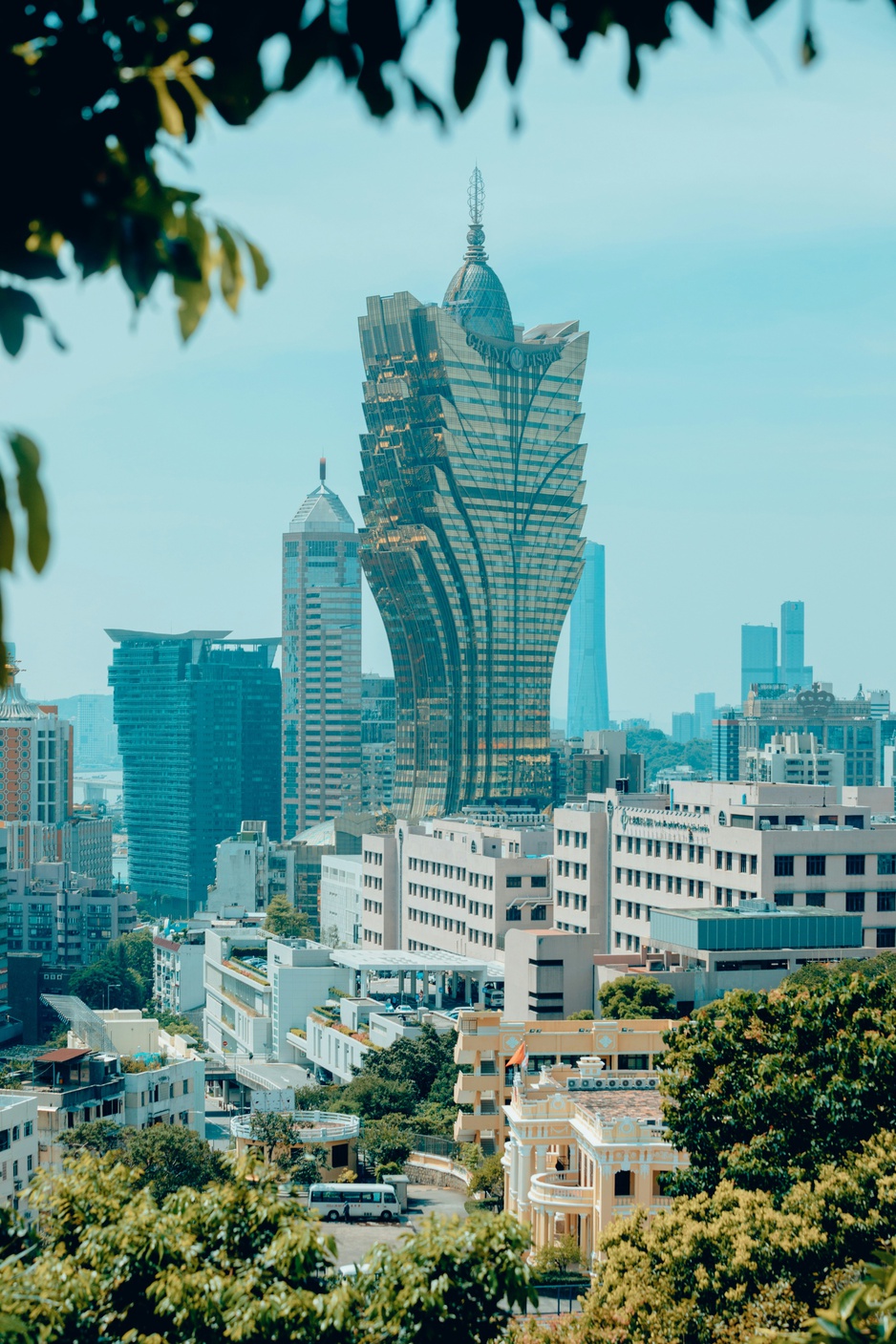
Macau's tallest tower; the Grand Lisboa
Today's Macau is more peaceful but no less intense. High-rollers jet in from mainland China and across Asia to play games where single hands can involve millions of dollars. The Grand Lisboa sits at the heart of this world, its golden facade reflecting both the dreams and delusions of an industry built on mathematical certainty disguised as possibility.
The Golden Tower
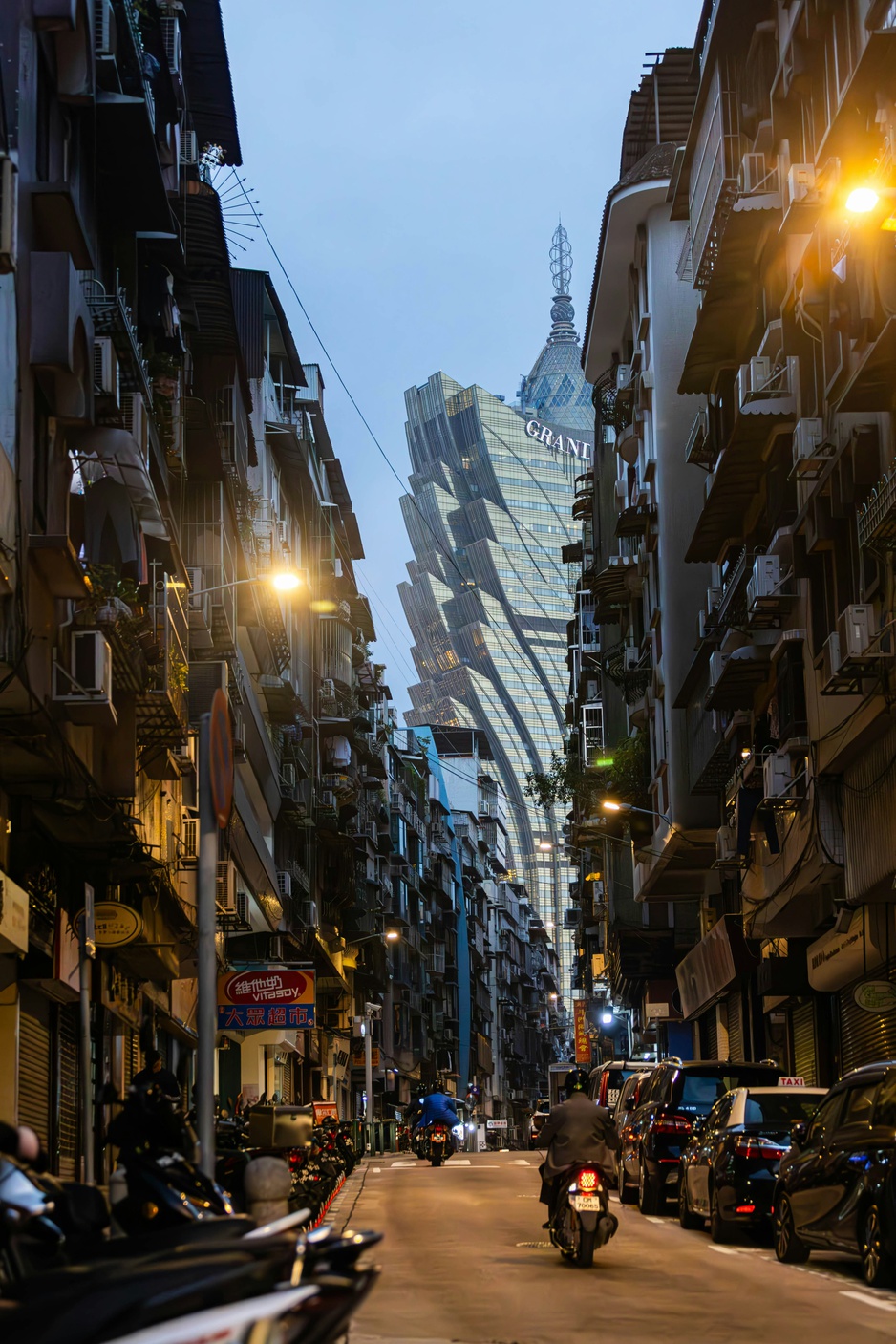
Surreal view of the tower
The building's feng shui elements – some deliberate, others the subject of fevered speculation – add another layer to its mystique. Local gossip suggests everything from the torch-like shape being designed to steal luck from the Wynn casino across the street, to the web-like decorations on gaming tables symbolically trapping unwary gamblers.
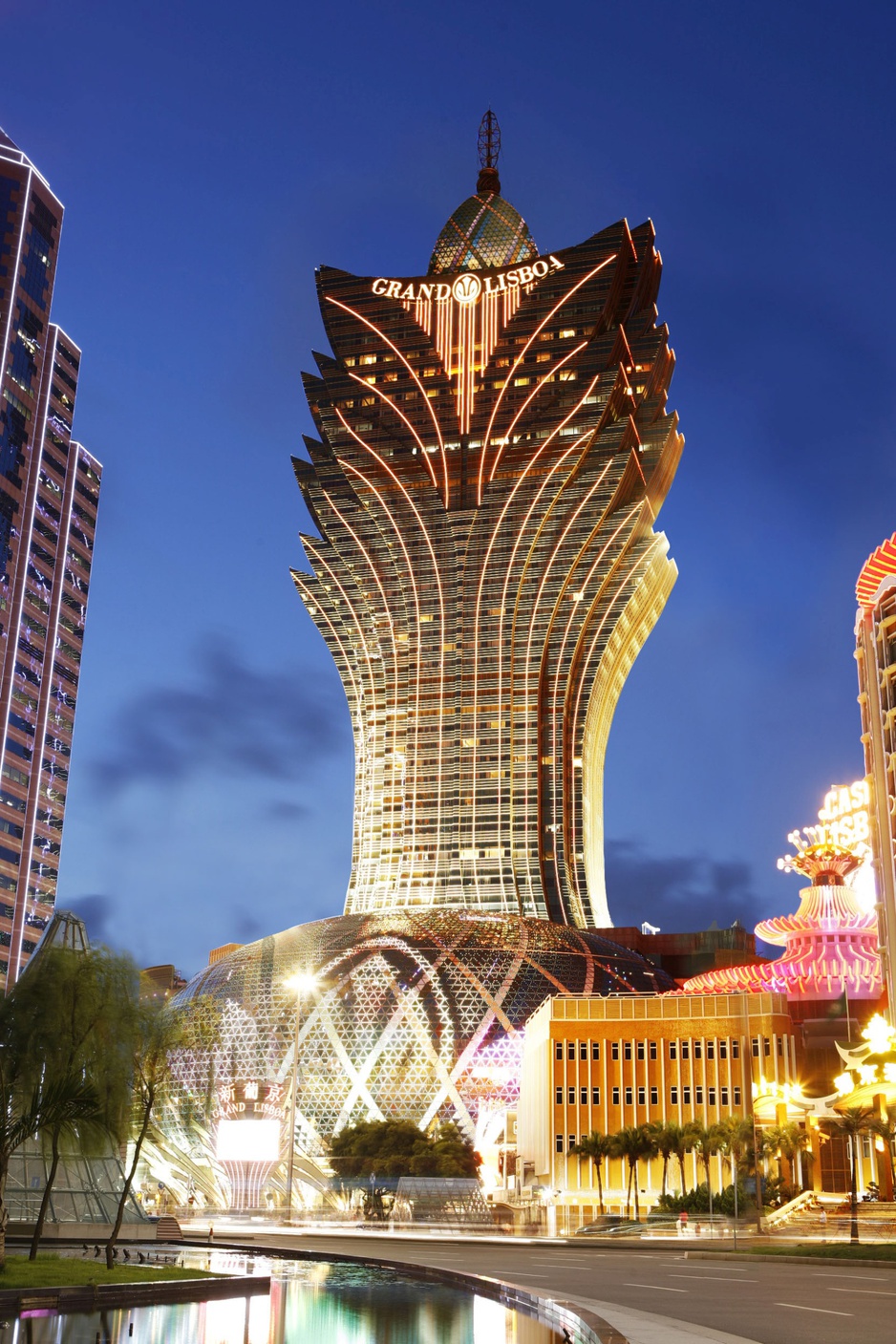
The building's most striking feature isn't its height, though that's considerable, but its utterly bonkers design. Picture a lotus flower crossed with a Fabergé egg, then imagine someone decided to coat the whole thing in gold and stick it full of LEDs.
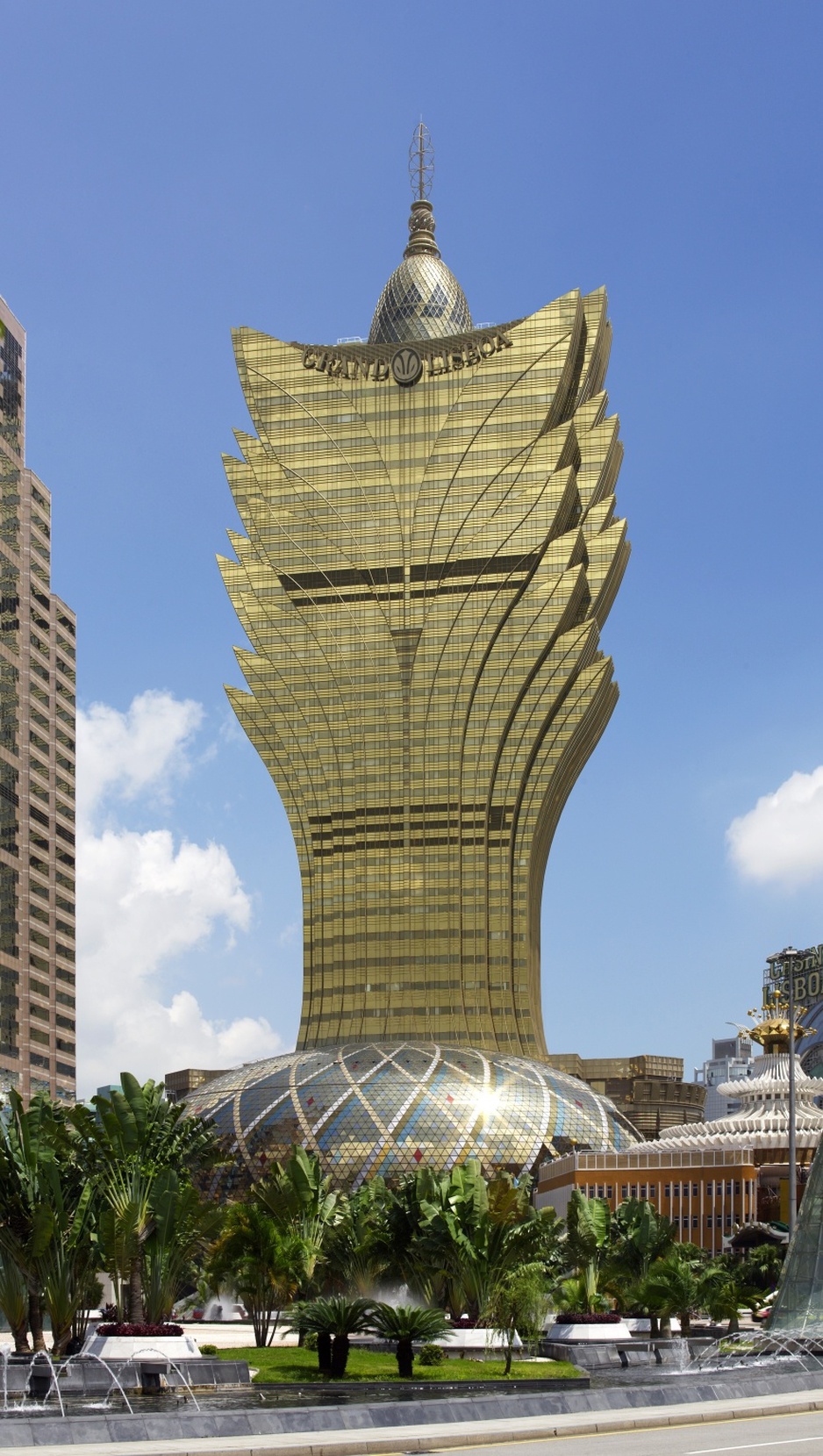
The dome at the base pulses with over a million lights in 16,000 different colours, transforming into a giant screen after dark that can be seen from neighbouring Hong Kong on a clear night.
This is deliberate architectural theatre, of course. When Sociedade de Turismo e Diversões de Macau commissioned the building in 2007, they weren't aiming for understated elegance.
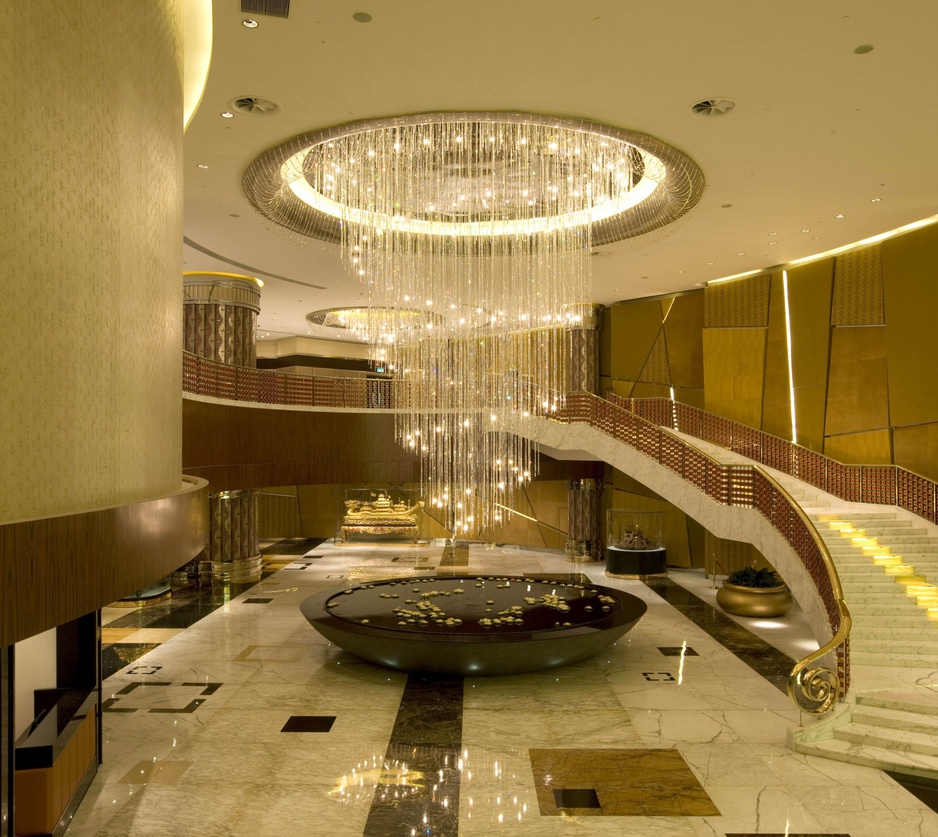
Lobby
They wanted something that would make people stop dead in their tracks - and they got it. The lotus shape nods to Macau's flag and Buddhist symbolism, while critics have noted the building's resemblance to everything from Brazilian carnival feathers to, less charitably, a giant golden suppository.
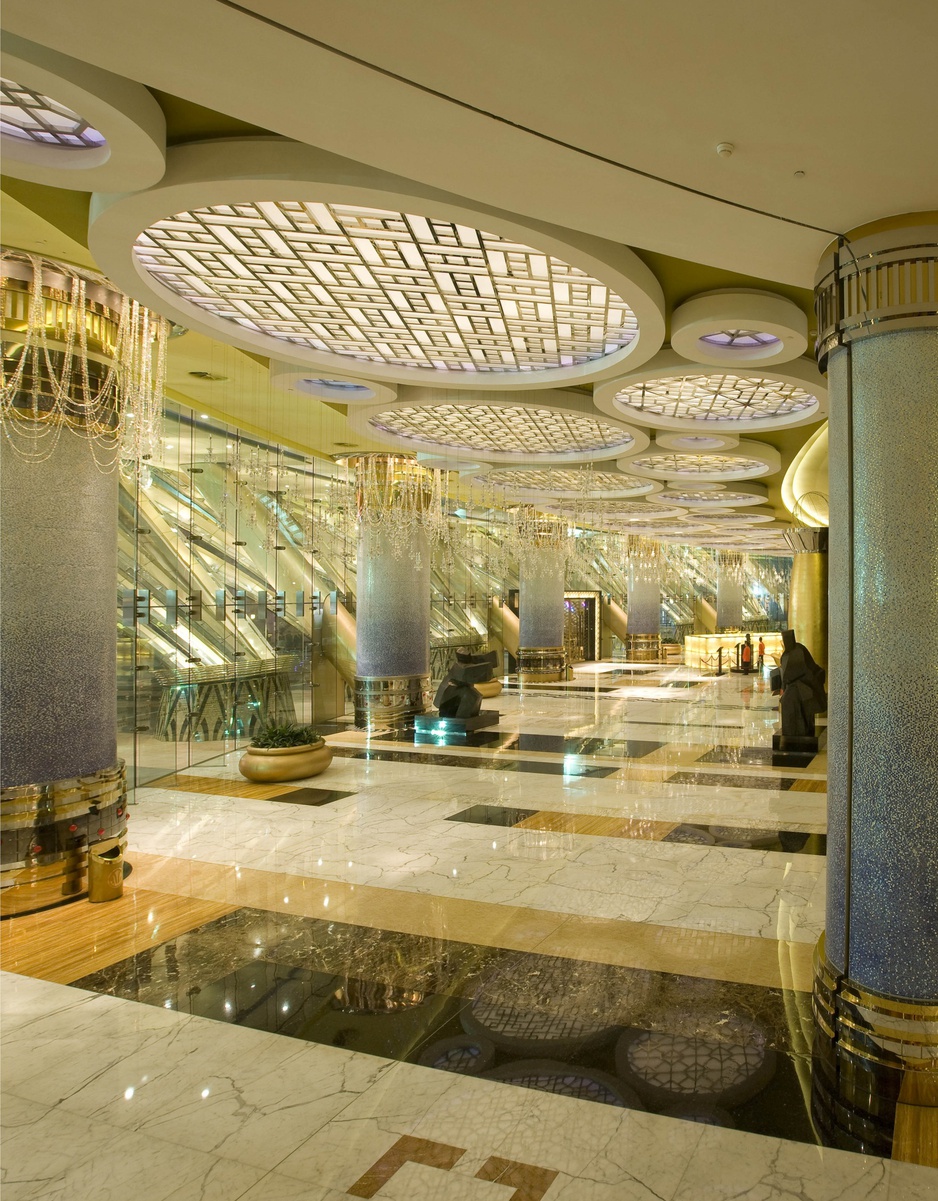
Step inside and the assault on the senses continues. The casino floors sprawl across four levels, housing 270 gaming tables and over 700 slot machines in a riot of gold columns, crystal chandeliers, and carpets that seem designed to induce mild vertigo.
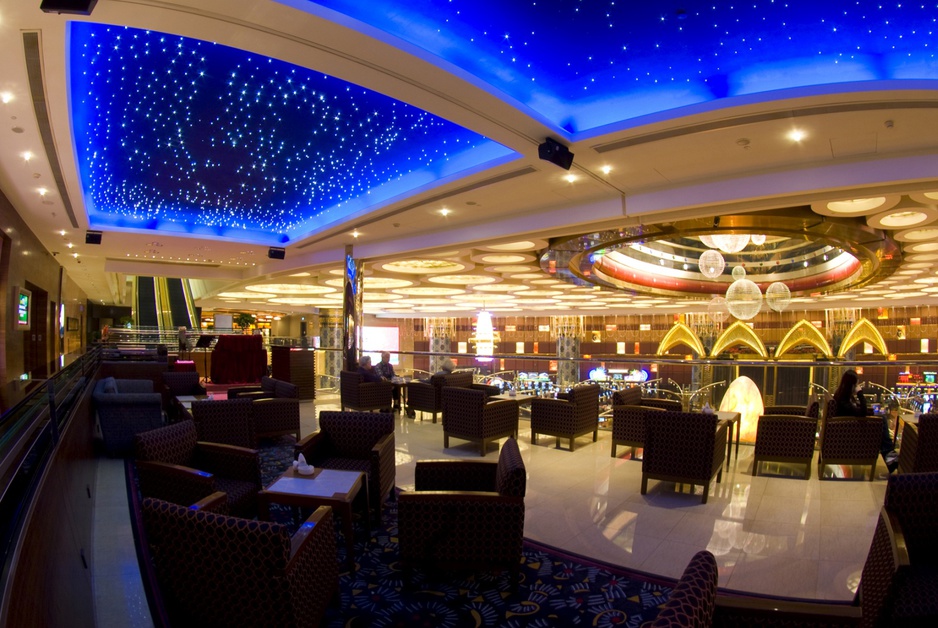
Crystal Lounge & Deli
The centerpiece is the Star of Stanley Ho diamond – all 218 carats of it – supposedly the world's largest cushion-cut stone, sitting behind glass like a crystalline middle finger to anyone questioning the owners' commitment to ostentation.
Robuchon au Dôme Restaurant
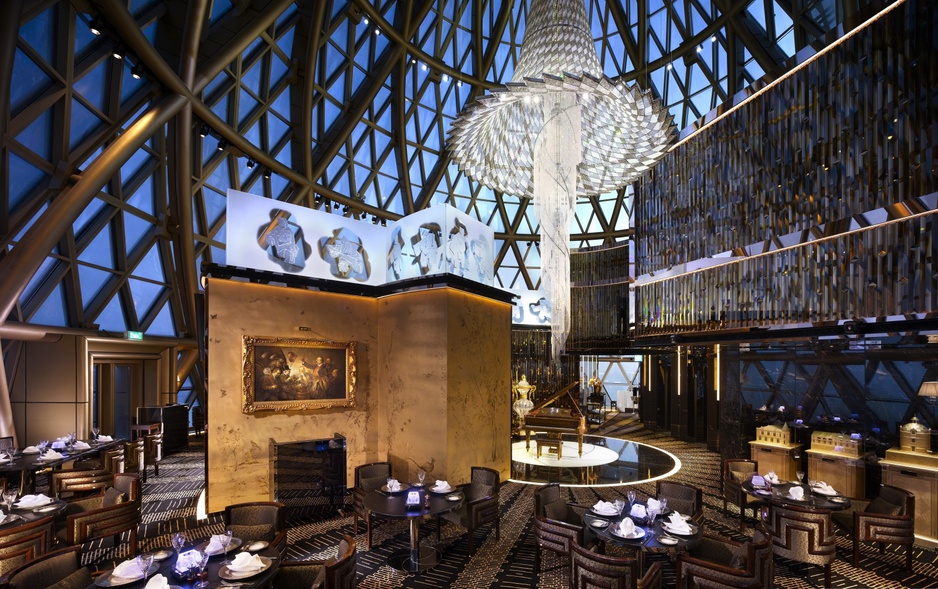
But it's the restaurants that reveal the Grand Lisboa's more serious ambitions. Perched on the 43rd floor, Robuchon au Dôme holds three Michelin stars and was once crowned Asia's best restaurant. The dining room sits beneath a glass dome adorned with 131,500 Swarovski crystals, because apparently 131,499 wouldn't have been quite enough.
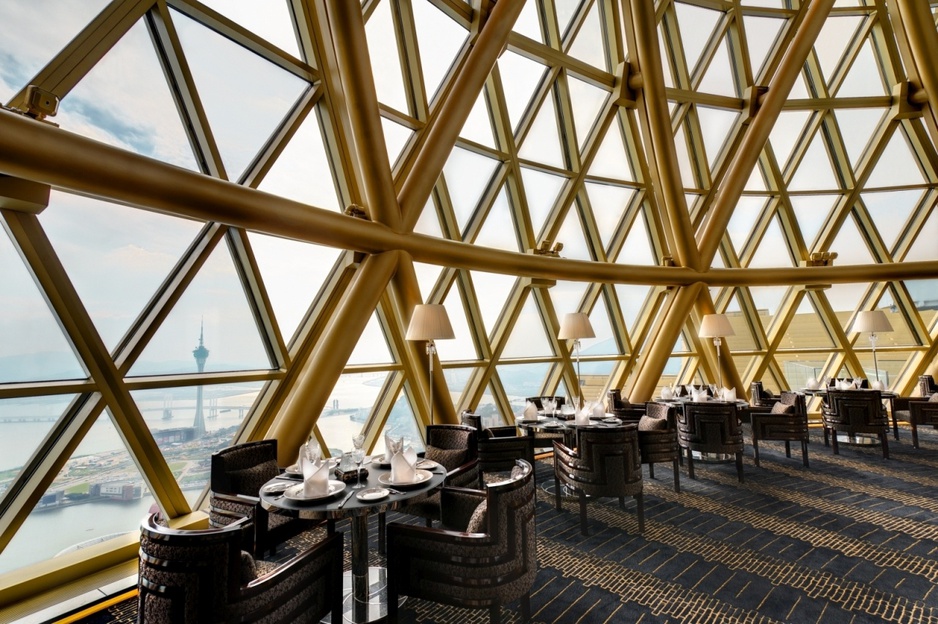
French chef Joël Robuchon's contemporary cuisine commands prices that would make your bank manager weep, but the views across Macau's glittering sprawl are genuinely spectacular.
The 8 Restaurant
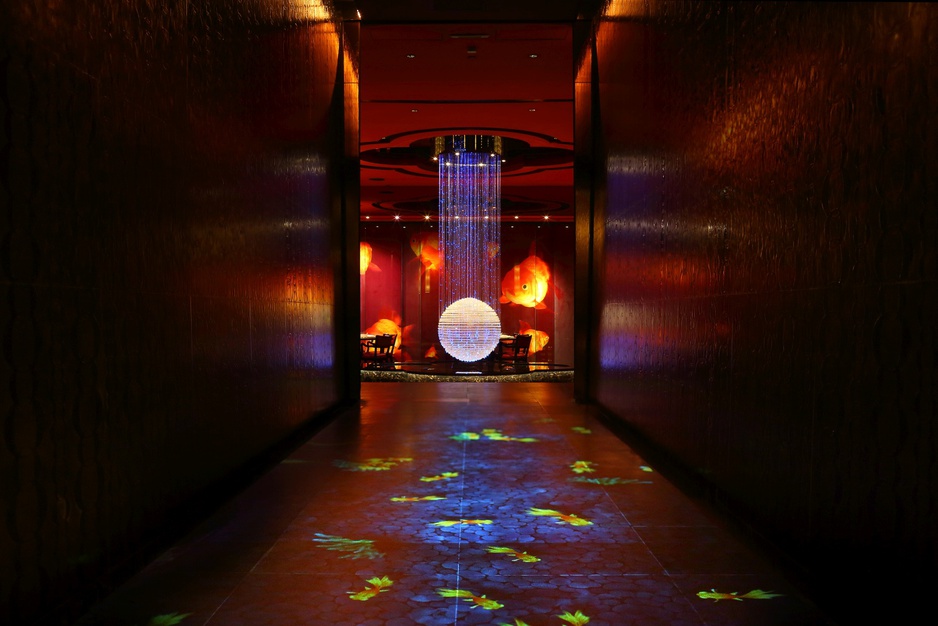
Down on the second floor, The Eight serves Cantonese cuisine with two Michelin stars of its own, its interior festooned with goldfish motifs and the number eight - considered lucky in Chinese culture.
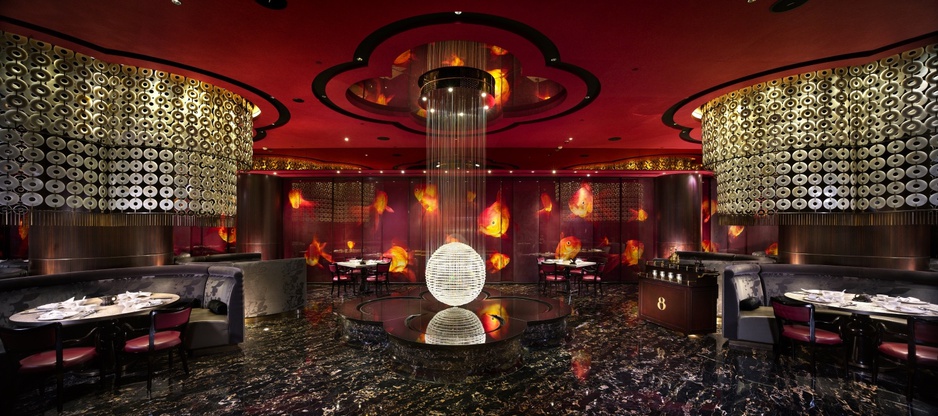
The dim sum trolley offers 40 different varieties at lunch, though the real draw might be watching wealthy punters fortify themselves before heading downstairs to lose spectacular sums at the baccarat tables.
RTC - Noodle & Congee
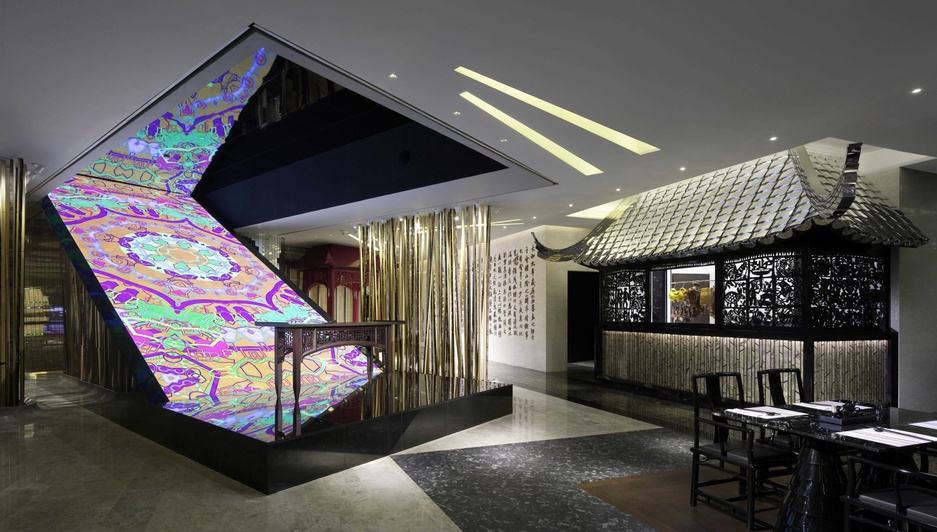
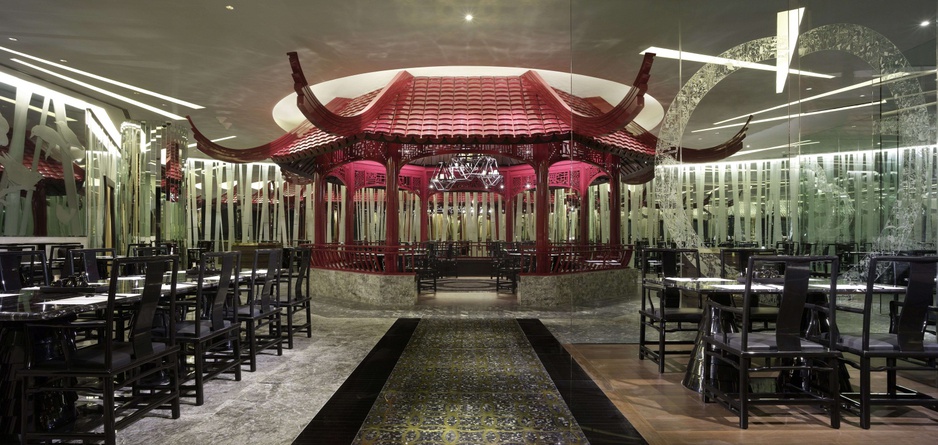
The Kitchen Restaurant
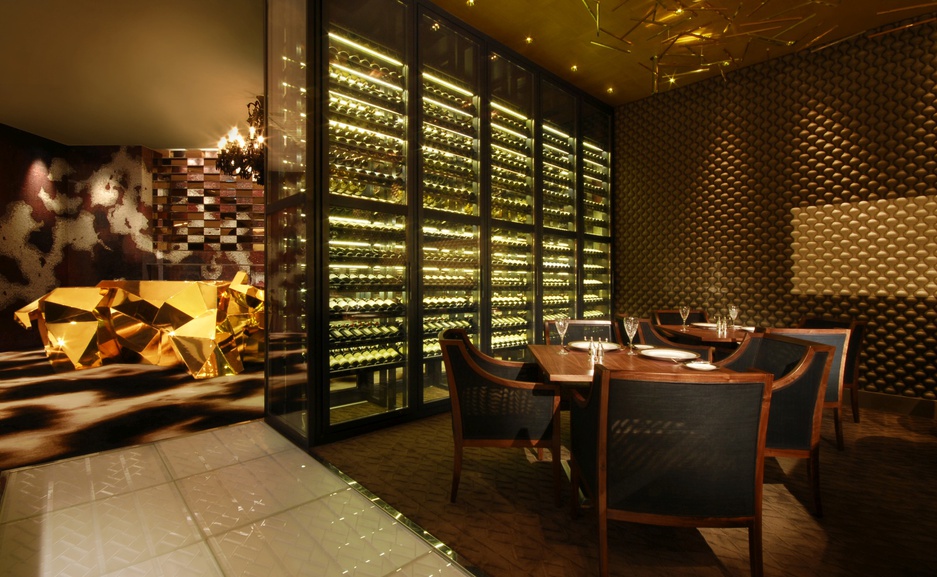
Don Alfonso 1890 Restaurant
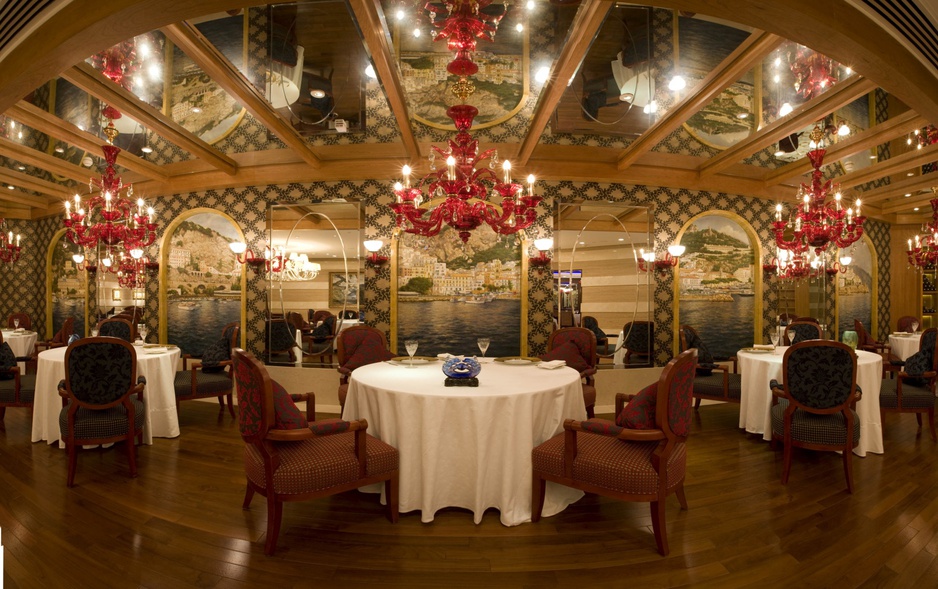
Deluxe Corner Room
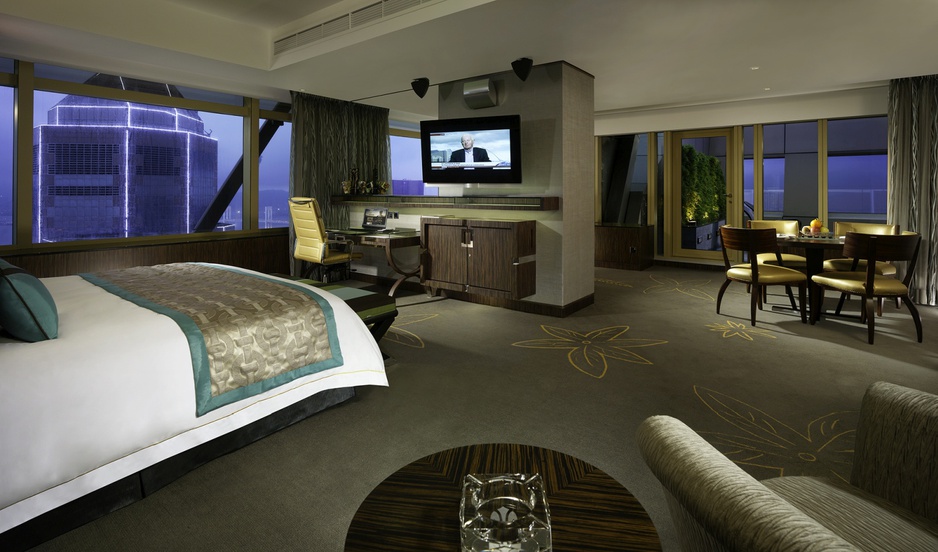
The hotel's 430 rooms maintain this theme of gilded maximalism. Every bathroom comes equipped with a 60cm rainfall shower, Turkish steam bath, Jacuzzi, and – because apparently regular mirrors weren't quite enough – built-in television screens. The 40-inch TVs in the bedrooms seem almost quaint by comparison.
Deluxe Lake View Room
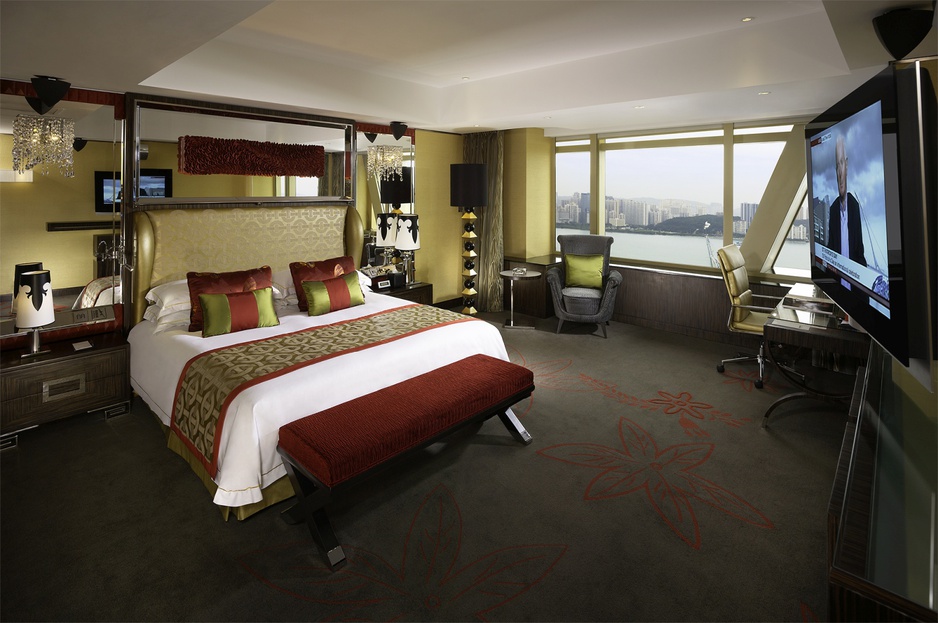
The rooms read like a checklist of every luxury amenity imaginable: marble floors, gold accents, LED lighting systems, and floor-to-ceiling windows offering panoramic views across Macau's glittering sprawl.
Sky Garden
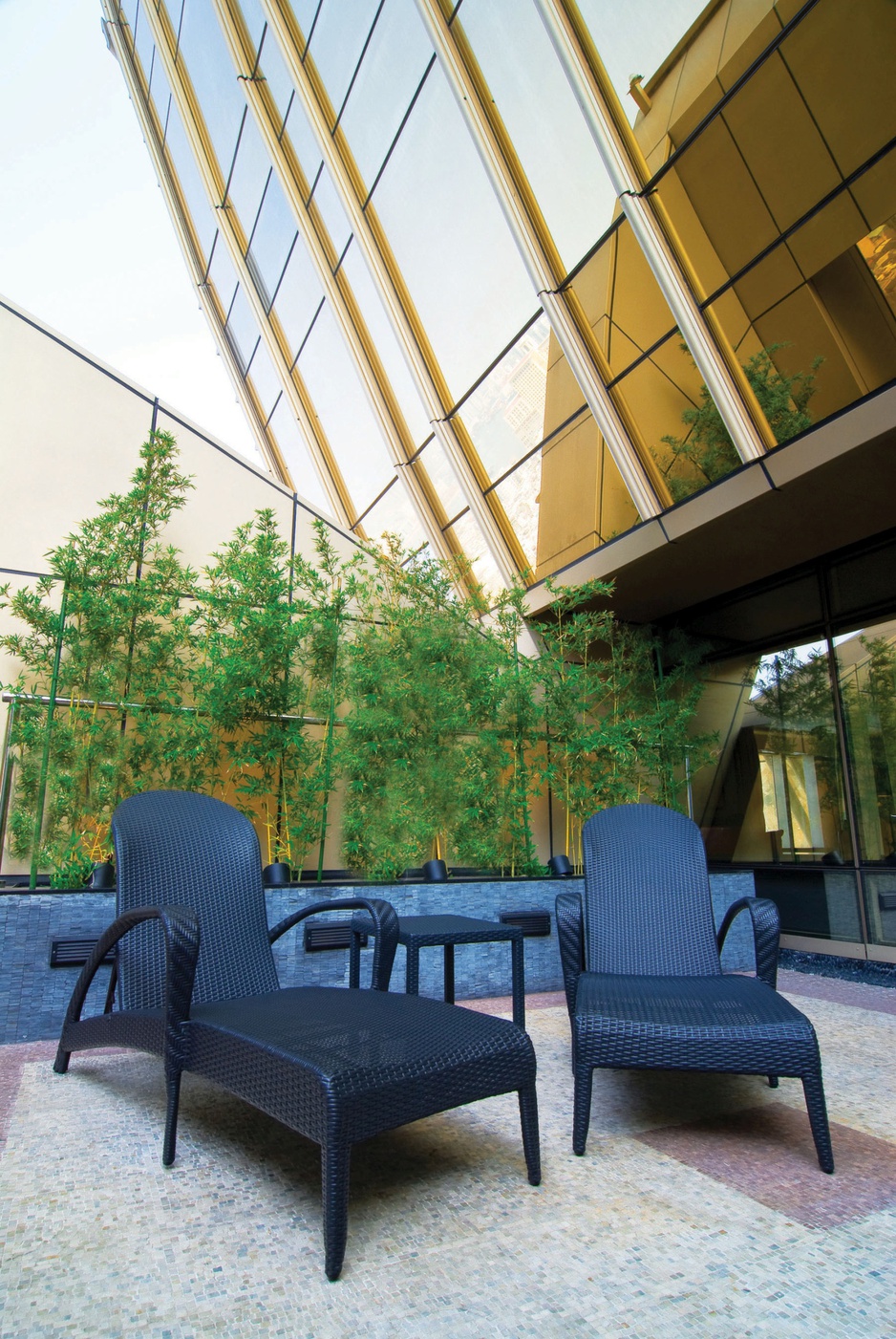
The larger suites feature walk-in wardrobes bigger than most London bedrooms, while even the standard rooms boast enough space to host a small diplomatic reception. It's interior design by committee - a committee that apparently never met a surface that couldn't be gilded, mirrored, or encrusted with something sparkly.
Lisboa Spa by Clarins
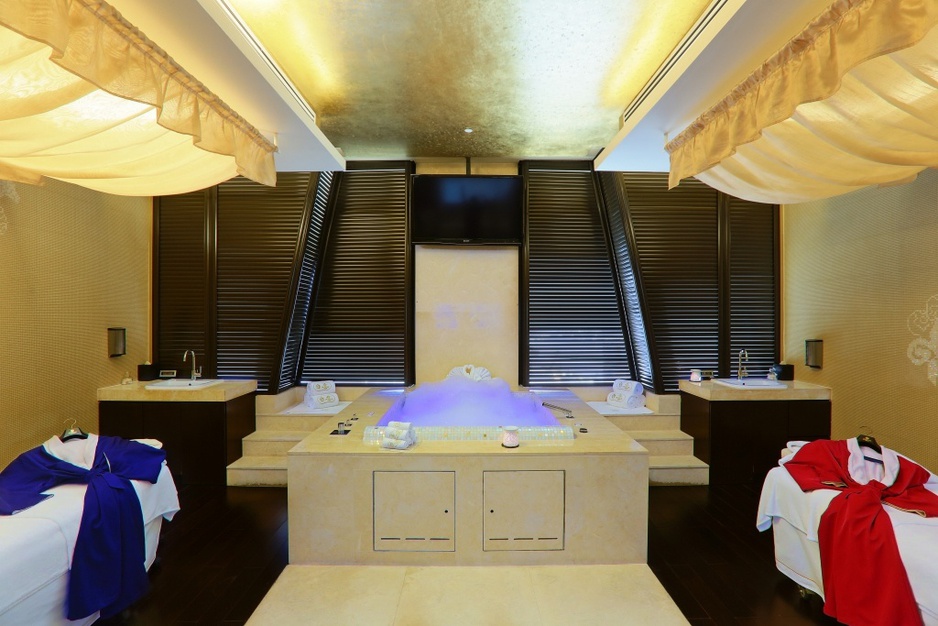
The hotel's spa sprawls across the fifth and sixth floors, while a temperature-controlled outdoor swimming pool offers year-round aquatic indulgence.
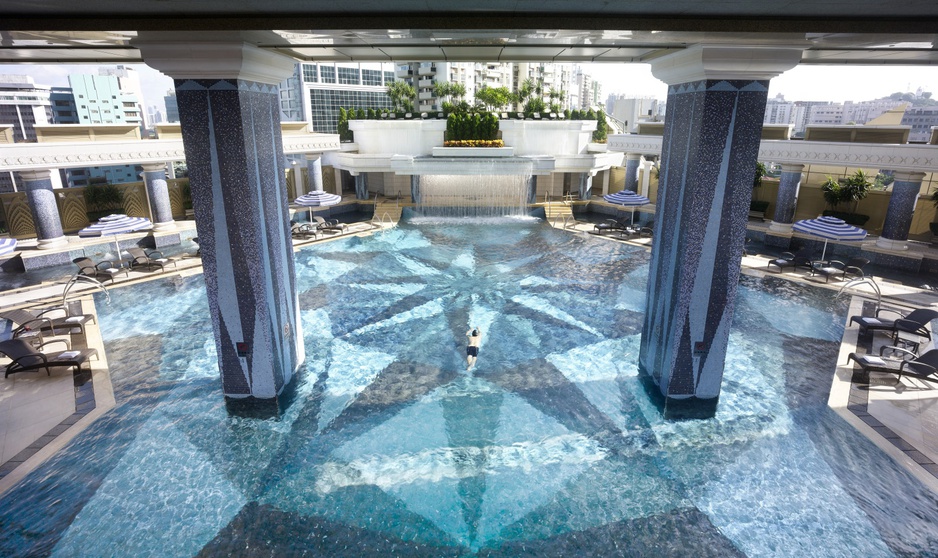
The two-story spa promises the usual array of treatments designed to part wealthy guests from their casino winnings in more therapeutic ways, while the pool area maintains the hotel's commitment to ensuring guests never experience a moment of discomfort – even winter swimming is rendered as balmy as a tropical paradise.
2-4 Avenida de Lisboa, Macau, Macao

